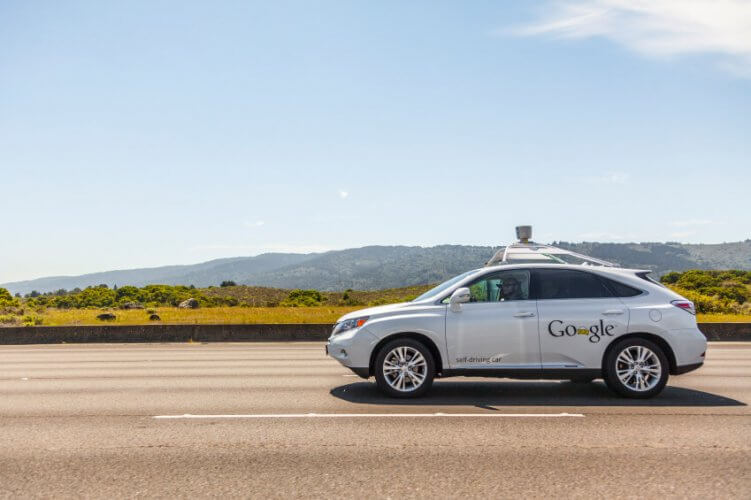
Because some of us may want to know – Google plans to shed more light on collisions involving their self-driving car with monthly updates. On Friday, June 5th, 2015, the company echoed a familiar claim, as it has in the past, that its cars were not to blame for any of the accidents. With the monthly reports, consumers interested in the future of the self-driving cars as a viable means of transportation will have a better idea of the risks that await them with the technology, especially with regards to auto insurance.
The fact that Google’s cars may not be to blame could fall on deaf ears with your car insurance company, if you have a slew of inexplicable “not-your-fault” accidents. Too many of those, regardless of whose fault it is, and you could find yourself shopping for a new insurer – often.
Google is disclosing more details about the 12 accidents involving its self-driving cars, to date, as part of a commitment to provide monthly updates about the safety and performance of the vehicles. In the summary released Friday, all of the collisions were described as minor, saying no injuries were reported.
The company emphatically denies the self-driving technology is to blame for any of the accidents. In one instance, however, an employee used the self-driving car to run an errand and rear-ended another car that was stopped in traffic. In an effort to be transparent, Google had previously disclosed that accident, which happened in August 2011.
A group that has been a longtime Google critic, Consumer Watchdog, has been pushing the Mountain View, California company to be more forthcoming by releasing all of the accident reports filed with the California Department of Motor Vehicles and other law enforcement agencies. Claiming dissatisfaction with Google’s accounting, Consumer Watchdog, on Friday, renewed its call for the company to release a complete record of official accident reports.
Also requesting the reports, the Associated Press was denied access by Google and the California Department of Motor Vehicles, both citing privacy concerns. While the latest disclosures fell short of providing the official accident reports, they did give previously unreleased information on the locations and dates and circumstances of the 12 accidents.
For the record, Google Inc. started testing the self-driving cars in 2009, and the first reported accident was in May 2010. The company goes on to explain away the 12 accidents by saying that six of them happened while the car was in autonomous driving mode. And, the other six occurred while staffers were driving, including one incident where the car was hit by another driver who rolled through a stop sign.
Google says the self-driving car automatically applied the brakes when it detected the other vehicle and possible collision, and company’s driver took manual control of the vehicle once the brakes were applied. Still, an accident took place, with the Google vehicle sustaining some damage, resulting in a potential future auto insurance claim should the technology move from the testing stage to being available to the consumer.
So far this year, Google’s cars have been involved in four accidents, according to the company.
In all fairness, while accidents have occurred, to put it in perspective, the test vehicles
travel about 10,000 miles a week on public streets. Furthermore, the vehicles have driven about one million miles in autonomous mode and Google’s drivers have been in control for 800,000 additional miles.
When using those numbers as a comparison of the average human driver and their frequency of accidents per miles driven, autonomous mode appears to be much safer behind the wheel than many of the motorists we encounter on the roads every day.
That said, there is still a lot of testing to do before self-driving cars become available to the public and start filling our garages. But, when they are – many of us will be ready.
When it comes to being ready, it pays to know you have the cheapest car insurance rates in California. There’s only one way to make sure. Why not get a free California auto insurance quote today?
Do you believe Google’s self-driving car is a viable way to travel or do you feel there are still too many risks? Feel free to share your thoughts in the comments section below.



